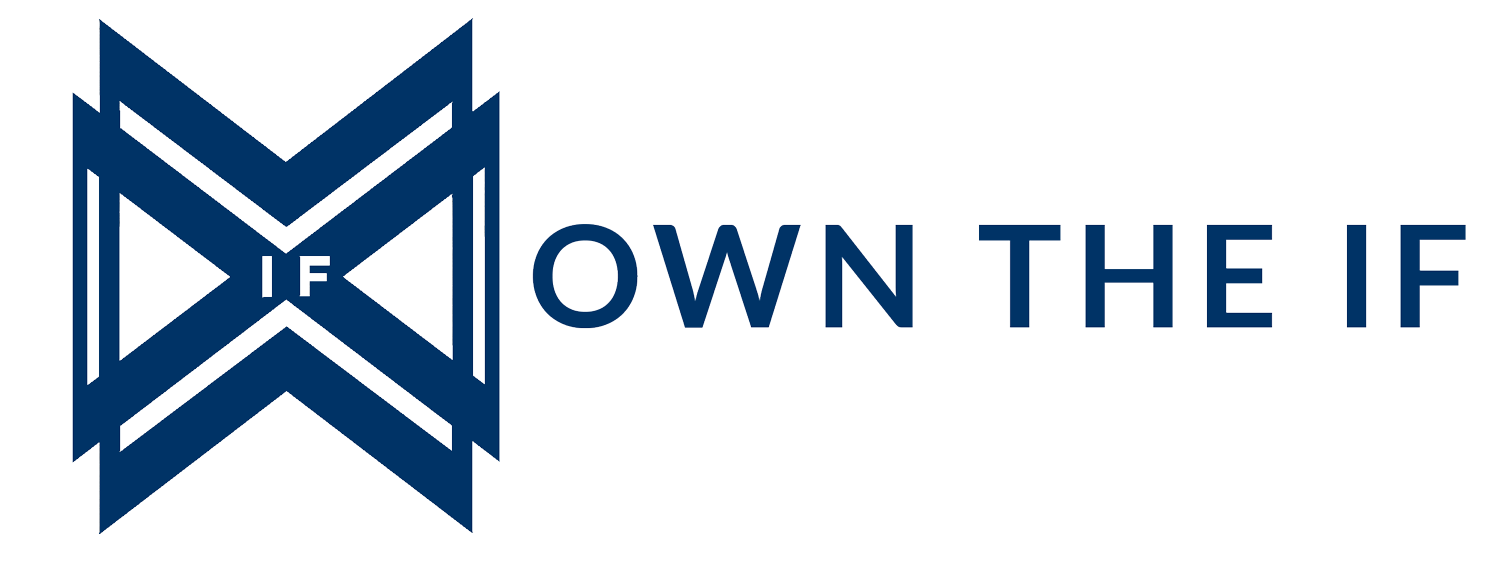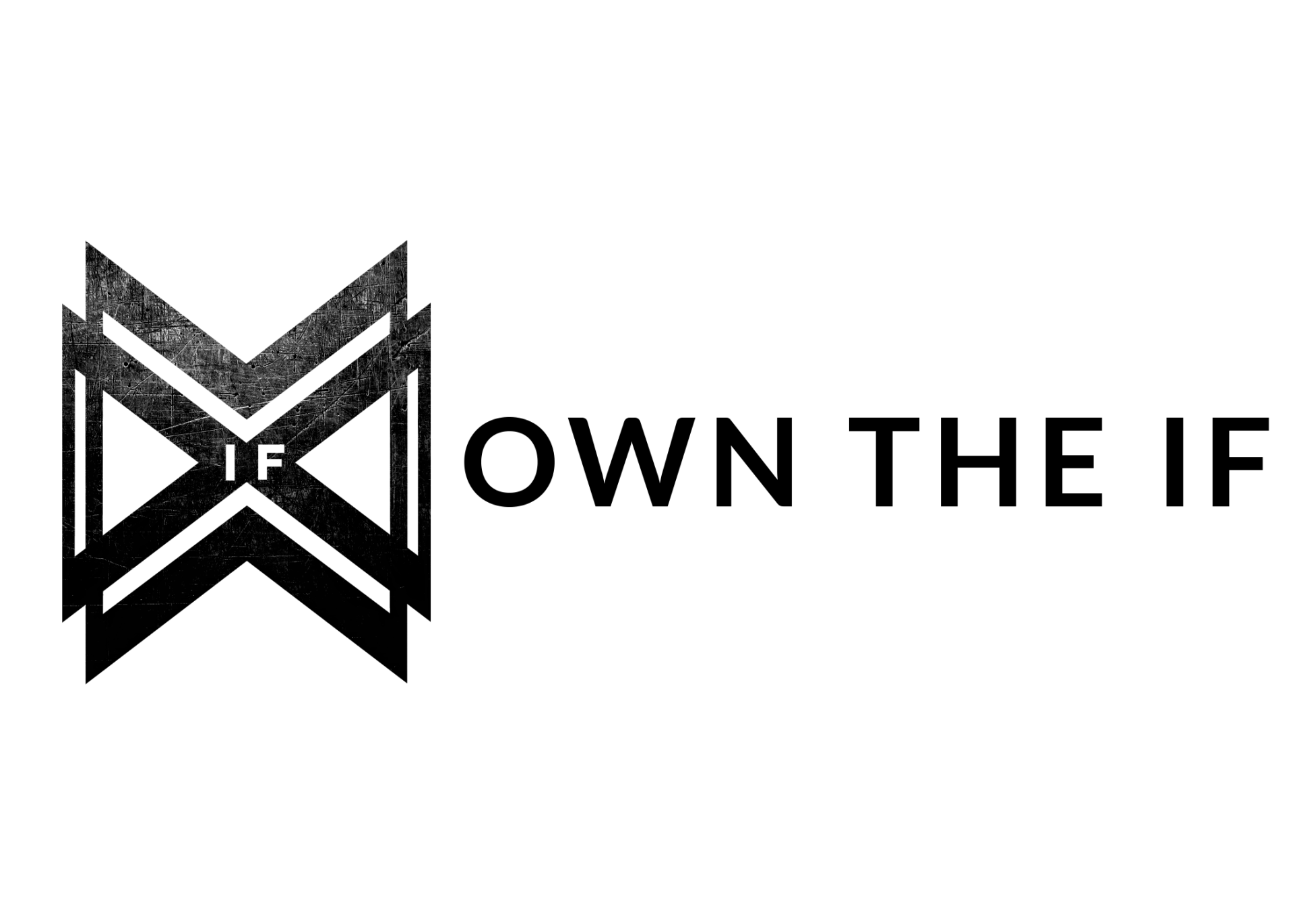The end of the year is a blur—shopping, parties, family gatherings, and work deadlines. We often think January 1 will be the perfect time to hit reset, but it’s a trap. Waiting for the new year to start your habits might set you up for an uphill battle. While January feels like a clean slate, it’s the current hustle and unpredictability that can give you the edge.
From my days as a personal trainer, I saw it year after year: The gym is packed in January with people eager to get in shape, but by February, it’s business as usual. Why? Because habits built in “perfect” conditions don’t last. The habits that stick are the ones formed during challenging, unpredictable times.
I get it—you’re probably thinking, “Erinn, I don’t possibly have time for one more thing right now.” But hear me out-I'm not suggesting a grueling workout or skipping every holiday treat. However, starting small now, in the midst of this busy season, might be your ticket to success.
The Psychology Behind New Year’s Resolutions
We all know the popular resolutions: “I’m going to work out every day.” “I’m cutting out all junk food.” “I’ll stop scrolling on my phone before bed.” “I’ll save more and spend less.”
Resolutions often fail because they rely on an unsustainable surge of willpower. We make grand plans: eat healthier, exercise daily, sleep more, and spend less time on our phones. But this all-or-nothing approach sets us up for burnout. Our brains resist abrupt change, and without consistency, motivation fades.
The problem is, these resolutions rely on willpower—and willpower isn’t infinite. We try to change everything all at once, only to burn out. Life inevitably gets busy, and old habits creep back in.
Starting now, when life is already in full swing, sets you up for long-term success. Building small, sustainable habits in less-than-ideal conditions trains your brain to adapt, making those habits stick when life smooths out. Think of it like practicing with a heavier bat in baseball—when the actual game comes, you’re stronger and more prepared.
Why Starting Now Works
- Small Wins Add Up: Instead of overhauling your life, focus on micro-actions. Too tired to cook? Add a vegetable to your takeout meal. Can’t work out? Take a 10-minute walk. These small wins build momentum.
- Confidence Through Strain: Every time you follow through, you build grit and prove to yourself you can handle challenges.
- A Head Start: By January 1, you’ll already have a foundation—no need to start from zero.
The Science: How Stress Builds Stronger Habits
When you form a new habit, your brain creates neural pathways to make the behavior more automatic over time. This process, managed by the basal ganglia—the part of your brain responsible for habit formation—strengthens with repetition. The more often you practice a behavior, the more effortless it becomes.
Here’s where it gets fascinating: starting habits during stressful or chaotic periods actually fortifies these neural pathways. Research by Dr. Wendy Wood, a leading expert in habit formation, reveals that habits created during times of heightened stress or emotional intensity are more likely to stick. Why? Because they’re built to endure adversity, giving your brain a resilience boost. These habits become second nature because they’re forged in challenging conditions (Wood, 2017).
Stress also triggers the prefrontal cortex, which handles decision-making, and the amygdala, which processes emotions. Together, they help you focus and stay committed to your habits, even when emotions run high (Schwabe et al., 2008). This synergy essentially "primes" your brain to form deeply ingrained habits that can withstand life's ups and downs.
By starting now—amid the chaos—you’re not just building habits; you’re building fortitude. Your brain is learning to sustain these patterns under pressure, making it easier to keep them going when life calms down.
Common Resolutions You Can Start Now
Let’s make this practical. Here are small, realistic actions tied to common resolutions:
“I want to exercise more.” Start with just 5 minutes of movement—stretching, walking, or a few bodyweight exercises.
“I want to eat healthier.” Add one serving of vegetables or swap a sugary drink for water or tea.
“I want to sleep better.” Turn off your screens 10 minutes earlier tonight.
“I want to spend less time on my phone.” Leave your phone in another room during meals.
“I want to save money.” Pack one lunch this week instead of eating out.
Visualizing Your 2025 Self—and Begin Building It Now
Picture yourself in 2025 with the habits you want to have in full effect. See yourself waking up early to work out, cooking healthier meals, or tackling new challenges with confidence. How do you feel? What choices are you making?
Now, take a deep breath. Those choices are available to you today. Building your future self starts with small, consistent actions now. You don’t have to wait for a perfect tomorrow. The actions you take today—no matter how small—are the building blocks of the habits that will shape your future.
What’s one small action you can take today that moves you closer to the person you want to be?
Bringing it Home:
Your habits don’t have to be big or perfect right now—they just need to start. The frenzy of the holidays is your opportunity to build something strong. By the time January 1 arrives, you’ll already be ahead of the pack, with a routine that’s adaptable, sustainable, and built to last.
Ask yourself: What’s one habit I want to carry into 2025?
Start it today—not perfectly, not completely—just enough to set the wheels in motion. The best habits aren’t built when life is easy. They’re forged when it’s tough—and you prove to yourself you’re capable of showing up anyway.
I'm rooting for you.
References:
- Duhigg, C. (2012). The Power of Habit: Why We Do What We Do in Life and Business. Random House.
- Schwabe, L., Böhm, K., & Wolf, O. T. (2008). The impact of stress on the ability to retrieve and use information in everyday life. Psychological Science, 19(5), 453–459.
- Wood, W. (2017). The habitual mind: Insights from neuroscience. Psychological Science, 28(11), 1665-1671.


